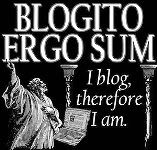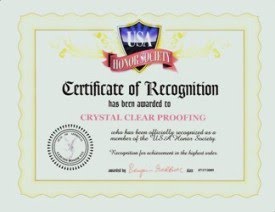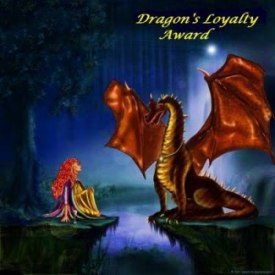
Note: The purpose of the Challenge is thoroughness. You're only looking for errors in spelling and/or grammar. Names and places will NOT be misspelled, nor will there by any changes to punctuation or sentence structure. In addition, if there is a word that may have more than one accepted spelling, those also will not be changed.
Your Challenge paragraphs concludes our look at the history of blogs and blogging with the creation of Blogger - and beyond. This week you're looking for 9 errors. Good Luck!
BLOGGER and Beyond
In late Janaury of 2001, in the depths of the dot-com crash, a San Francisco startup called Pyra Labs ran out of money. Its staff departed. The co-founder of the company, a young Nebraskan named Evan Williams, decided to make a go of it alone. He scraped together $40,000 in new funding and moved Pyra's servers into his apartment. This permited the company's 100,000 registered customers (and counting) to keep using Pyra's service, Blogger, to publish their online journels, or blogs.
A year later, Blogger had 700,000 subscribers. Whether sharing cookie recipes or commenting on weapons reports from Iraq, those writers were constructing a significent new form of grassroots media. Blogging turned tradtional publishing on its head, allowing anyone with a computer and modem (or even a smartphone) to gain a global voice for free. By 2003, Williams was able to sell his business to Google for a lucritive pile of pre-IPO stock. Three years later he and his partners launched yet another tool for global publishing, the micro-blogging phenomonon, Twitter.
At this point it's hard for some to remember that even in the late '90s most people still regarded web pages as things to read, not places to post and publish. It's an important phenomenen, one that leads not only to YouTube, Facebook, and Wikipedia but also to the transfomation of corporate and government communications.

Now, let's see how thorough you are!
BLOGGER and Beyond
In late January of 2001, in the depths of the dot-com crash, a San Francisco startup called Pyra Labs ran out of money. Its staff departed. The co-founder of the company, a young Nebraskan named Evan Williams, decided to make a go of it alone. He scraped together $40,000 in new funding and moved Pyra's servers into his apartment. This permitted the company's 100,000 registered customers (and counting) to keep using Pyra's service, Blogger, to publish their online journals, or blogs.
A year later, Blogger had 700,000 subscribers. Whether sharing cookie recipes or commenting on weapons reports from Iraq, those writers were constructing a significant new form of grassroots media. Blogging turned traditional publishing on its head, allowing anyone with a computer and modem (or even a smartphone) to gain a global voice for free. By 2003, Williams was able to sell his business to Google for a lucrative pile of pre-IPO stock. Three years later he and his partners launched yet another tool for global publishing, the micro-blogging phenomenon, Twitter.
At this point it's hard for some to remember that even in the late '90s most people still regarded web pages as things to read, not places to post and publish. It's an important phenomenon, one that leads not only to YouTube, Facebook, and Wikipedia but also to the transformation of corporate and government communications.


































































Oh, I really need to wait until later in the day to do these - I missed half!
ReplyDeleteI was too interested in the story to do well on this one. The topic was too good!
ReplyDeleteElizabeth
Mystery Writing is Murder
This is definitely a later in the day activity, but I can't help myself. I'm always curious to see what it is. Thanks for the fun.
ReplyDeleteGreat story and I got them, yay!
ReplyDelete